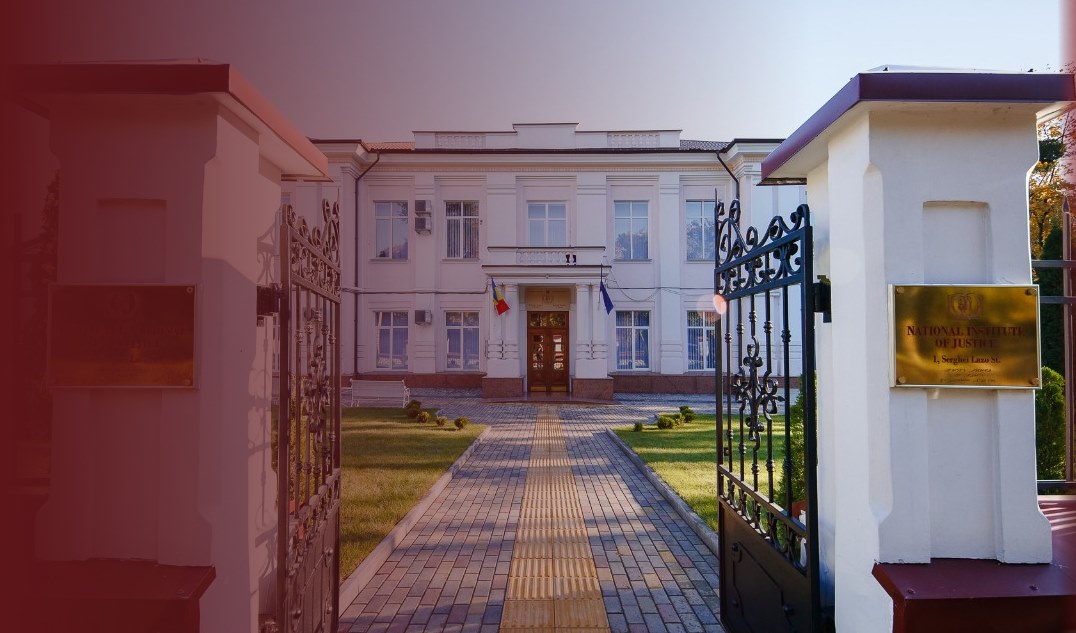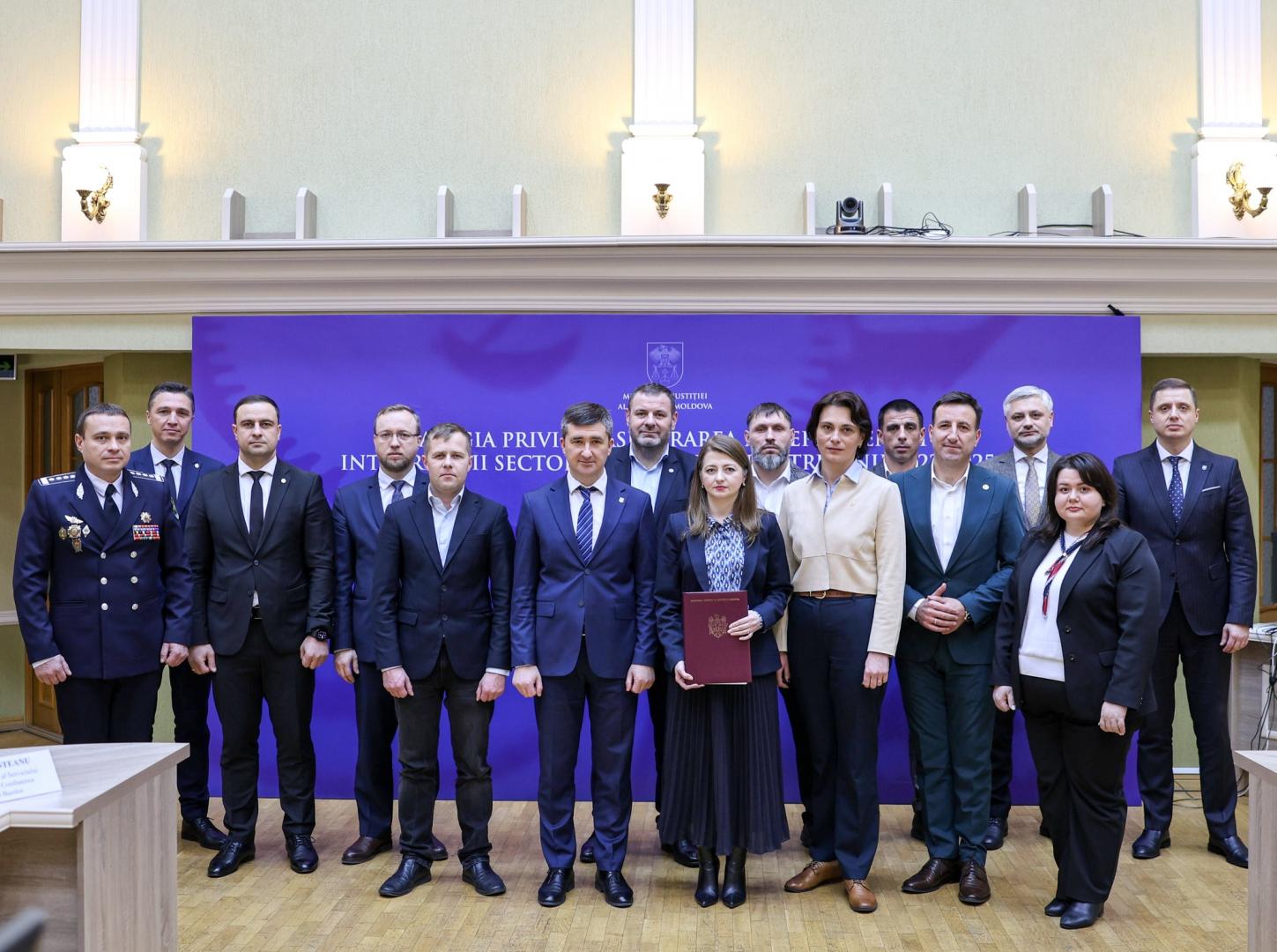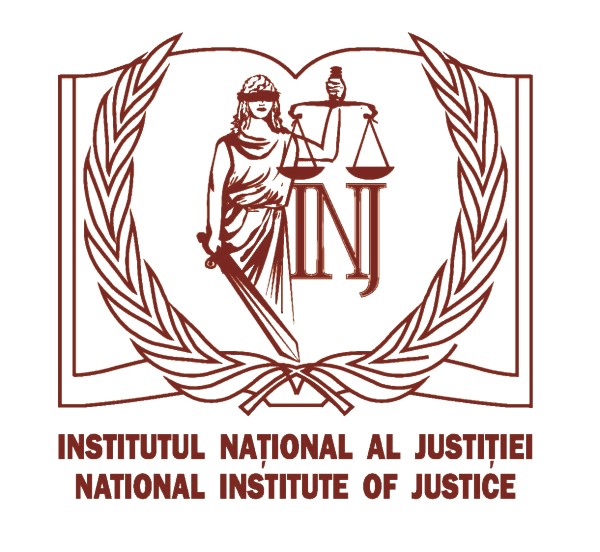The National Institute of Justice, assisted by the UN Women Moldova Program "Enhancing Women's Leadership for Resilient and Peaceful Societies", with the support of the Ministry of Foreign Affairs of Denmark, has launched a series of actions aimed at preventing discrimination and harassment in the institutional environment.


